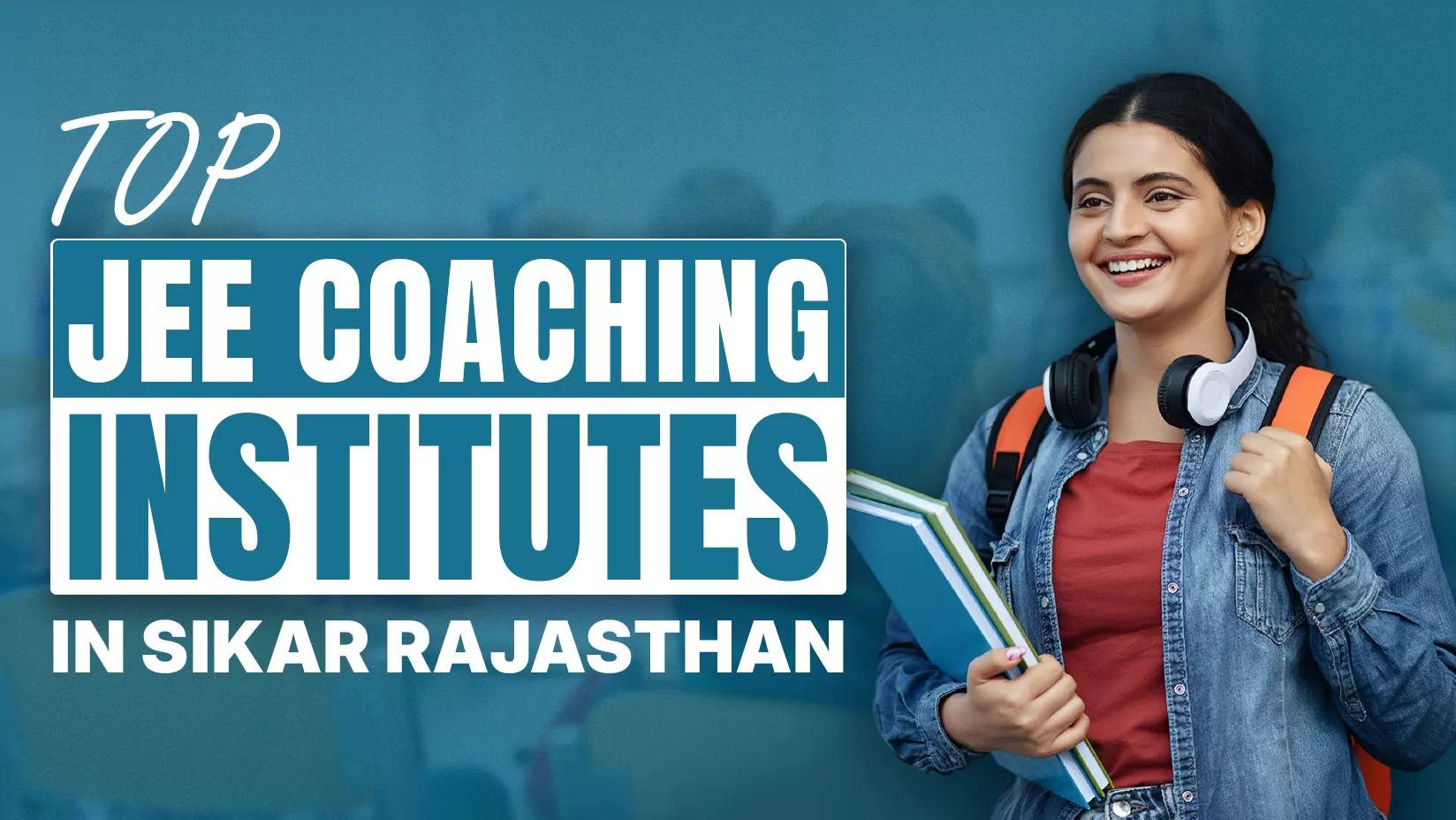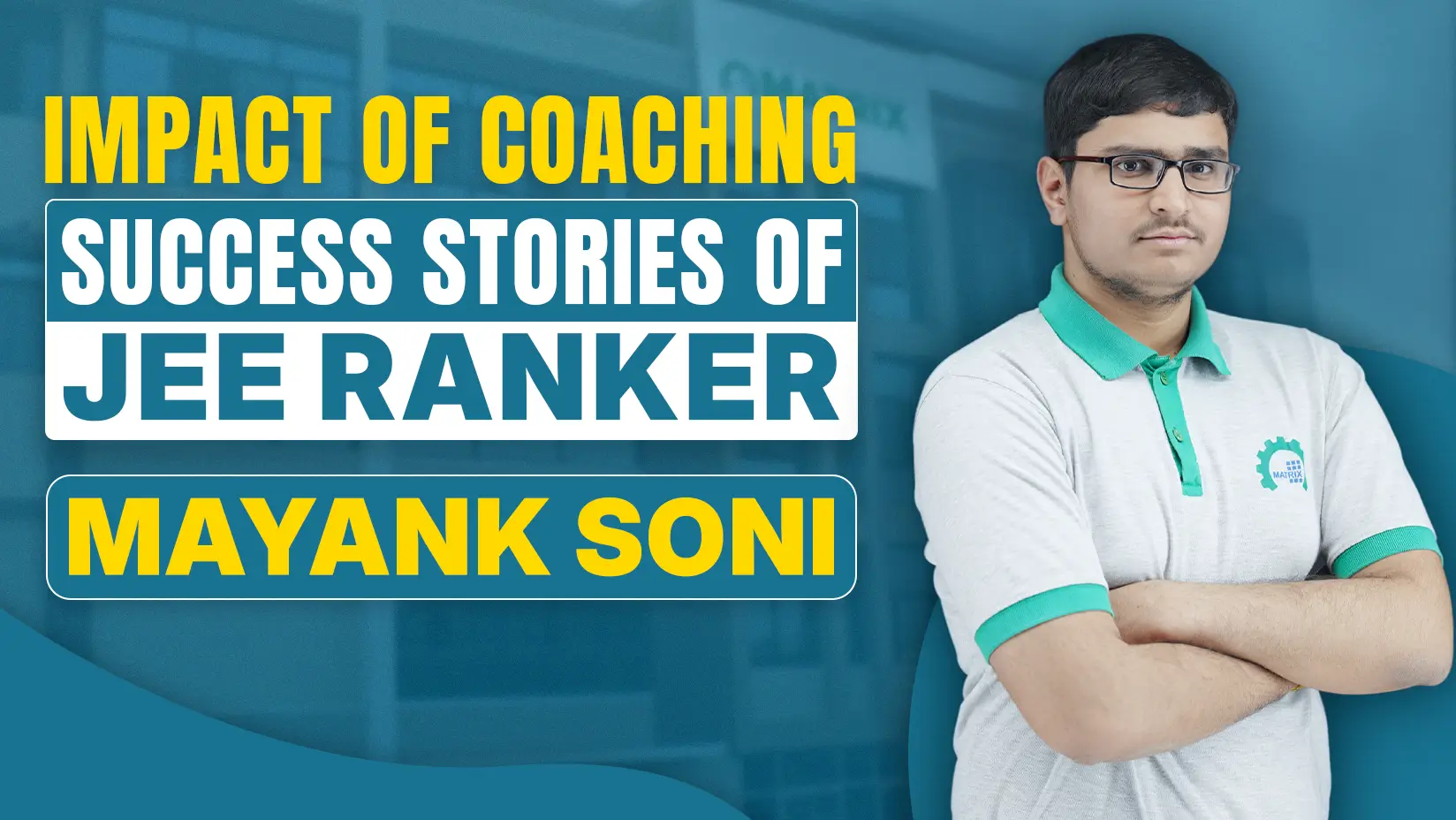Preparing for the Joint Entrance Examination is a challenging journey in India. Every year, lakhs of students join coaching centers with the dream of cracking this exam. Today, the pattern of education is changing as well. Earlier, only theory was studied, but now the trend of practical learning is increasing. Sikar, a small city in Rajasthan, has today become a big hub of competitive exam coaching. The Sikar JEE coaching centers here focus on practical learning along with theory. This modern and innovative approach helps students not only in cracking the JEE but also in solving real-life problems. Practical learning also helps them to think logically and analytically in every aspect of life, which is very important for a successful engineer.
Best JEE Coaching in Sikar offers expert faculty, result-oriented teaching, and structured preparation for JEE Main & Advanced, making Sikar a popular hub for quality IIT-JEE coaching in Rajasthan.
Table of Contents
ToggleWhy Traditional Theoretical Learning Falls Short
In the traditional education system, emphasis was given on making students memorize theory in large quantities. Passing exams by rote learning was a common practice. But this approach is not effective in exams like JEE. In theory-based learning, students memorize concepts by rote learning, due to which they are not able to develop a deep understanding.
Students face difficulty in understanding concepts due to theory-based learning. They face difficulty in solving application-based questions, and their stress level is also high. Mere memorization does not lead to long-term retention, and it becomes difficult to think of solutions to real-world problems. That is why the practical learning becomes highly significant today. Practical learning exposes students to applying learnt concepts in a real-world context, and this is of great essence in today’s competitive exams.
The Rise of Sikar as a Coaching Hub
Sikar has created a new name for JEE and NEET coaching in the last few years. Coaching institutes here like Matrix, Gurukripa, Allen Sikar, and Prince, have provided high-quality education to students. These institutes enhance the capabilities of students by using modern technology, providing personalized attention, and continuous performance monitoring.
Sikar’s institutes follow innovative methods comprising conceptual clarity, doubt-solving, as well as test-based preparation. Learning here is focused on discipline and outcome-based. This is why students from across the country come to Sikar for preparation. Sikar’s low cost of living, dedicated faculty, and safe, student-friendly environment are also major reasons for its popularity.
The Core Philosophy: Practical Learning First
Practical learning along with theory is primarily the motto of Sikar’s coaching centres. Practical learning means that while studying JEE, one gains an understanding of concepts and their relation to life situations and uses them. This approach makes learning engaging, interactive, and memorable.
The classrooms here are interactive. Teachers do not just lecture but also ask questions and hold discussions. Experiments, models, and animations are used to make concepts easier to understand. Visual and hands-on learning helps students connect theory with imagination.
A student said, “Earlier I used to memorise theory only by reading it, but here I started understanding concepts. Now solving questions seems easy.” This feedback shows how positive the practical approach has an impact. Practical learning also lead to curiosity in students which makes them want to explore more deeply.
Teaching Techniques that Promote Practical Learning
Many modern teaching techniques are used in JEE coaching centres in Sikar. Such as:
Group Discussions: Students meet and discuss topics, which gives more clarity to the concept. This also develops communication skills.
Concept-Based Workshops: Special workshops are held where a specific topic is explained in detail with practical demos. These sessions are specially conducted for difficult topics.
Mock Labs: Mock labs are set up for Physics and Chemistry topics where students do practical experiments. This connects their theoretical knowledge with real experiments.
Regular Doubt Sessions: Every week, there are doubt-clearing sessions in which students can clear their confusion. Teachers come down to the level of students and solve their questions.
Tech Integration: Topics are visualized using smart classes, animated videos, simulations and learning apps. Students understand difficult topics easily and it is also easy to revise them.
All these techniques help students to get rid of theory and give them real understanding. This approach increases their active participation and keeps their interest intact.
Benefits for JEE Aspirants
The benefit of practical learning is conceptual clarity. When students understand and learn a topic, their confidence level increases. It becomes easy to solve application-based questions in exams like JEE.
This approach improves the problem-solving skills of students. They develop analytical thinking, which is also useful in engineering colleges. When students learn to look at a problem from multiple angles, their logical reasoning also becomes stronger.
Long-term retention also improves. When concepts are understood, they perform well in board exams as well. Practical learning makes students overall academically strong. Their interest in learning remains intact, and they are able to bring consistent improvement in their performance.
Conclusion
The world of today’s education is highly competitive, and simply reading theory will not suffice. Practical learning enables students to understand concepts more clearly, increase their self-esteem, and excel in paper tests.
Sikar’s JEE coaching model is a perfect example of this modern approach. The teaching style here prepares students for academic success as well as real-life application. This model develops independent learning and critical thinking in students.
See also
Project-Based Learning in Top Schools in Sikar: A Modern Educational Approach
FAQs
JEE is one of the toughest competitive exams in India because it tests deep conceptual understanding, analytical ability, and problem-solving skills rather than rote memorization. Lakhs of students appear every year, making the competition extremely high.
Earlier, JEE preparation focused mainly on theory and memorization. Today, the trend has shifted toward practical learning, conceptual clarity, application-based problem-solving, and analytical thinking.
Traditional learning emphasizes rote memorization, which does not help in solving application-based JEE questions. Students often lack conceptual depth, face difficulty in problem-solving, and experience high stress due to poor understanding.
Practical learning involves understanding concepts through real-life applications, experiments, discussions, visual aids, and hands-on problem-solving. It helps students connect theory with practical usage.


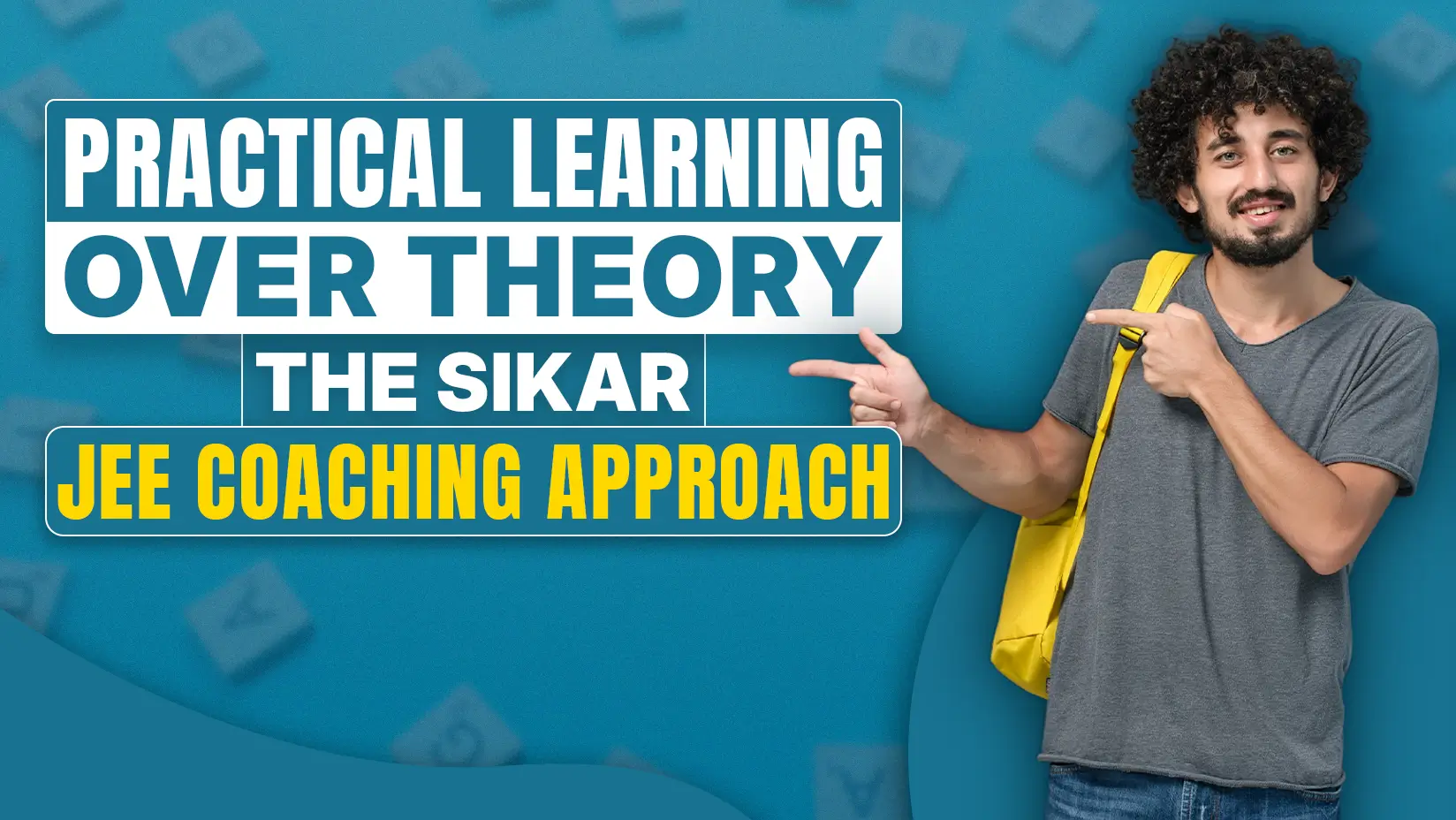

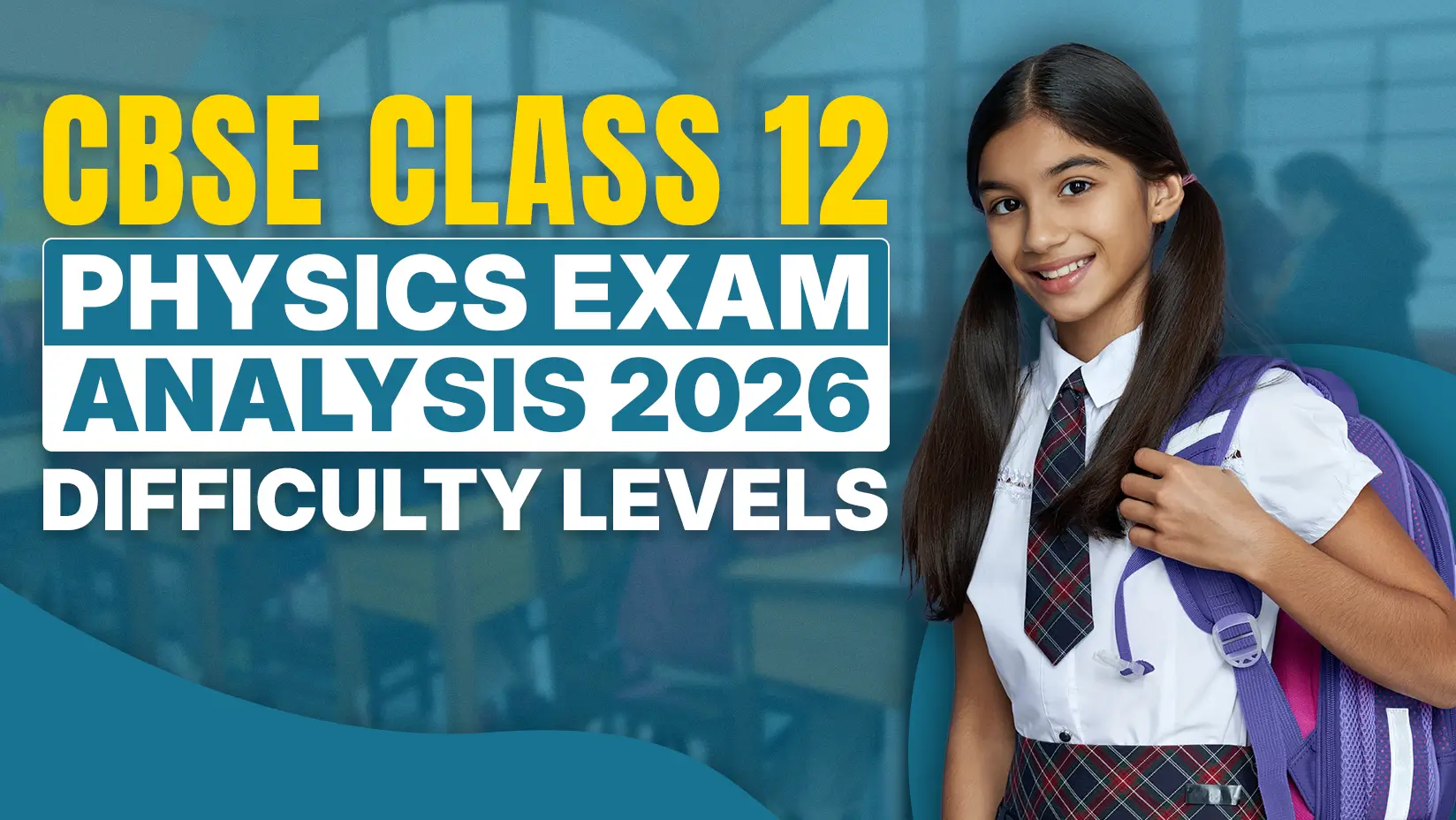
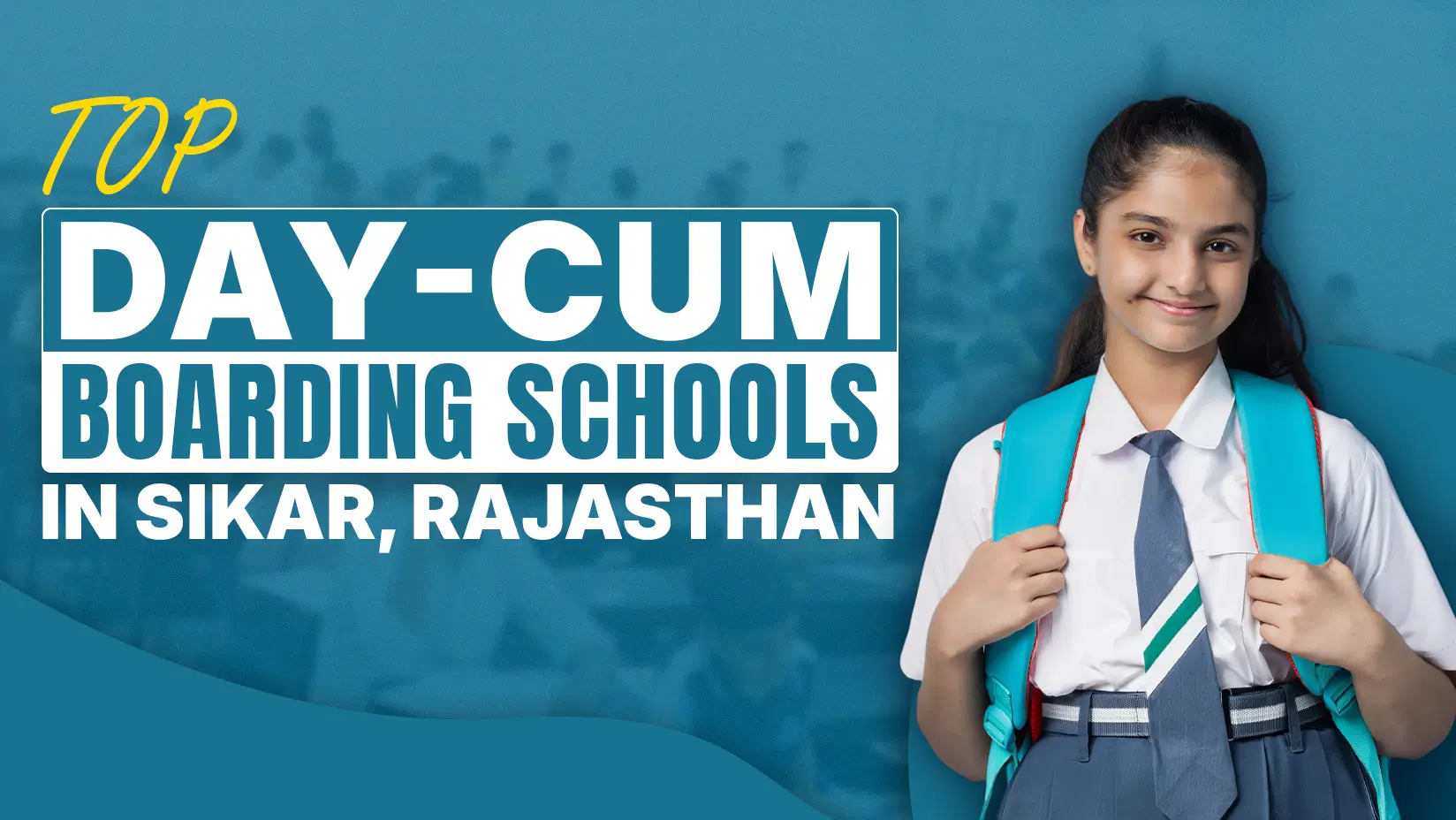

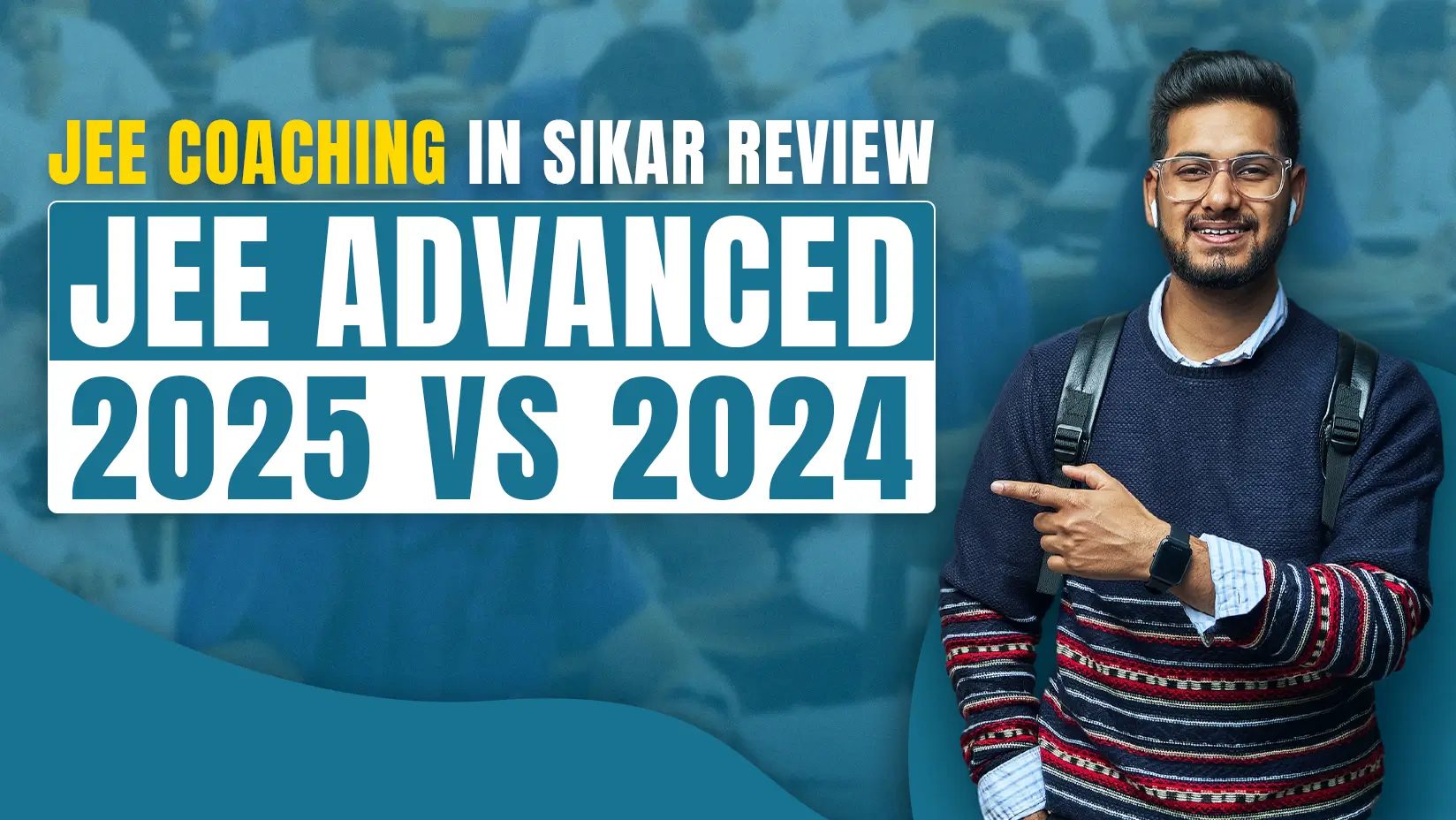
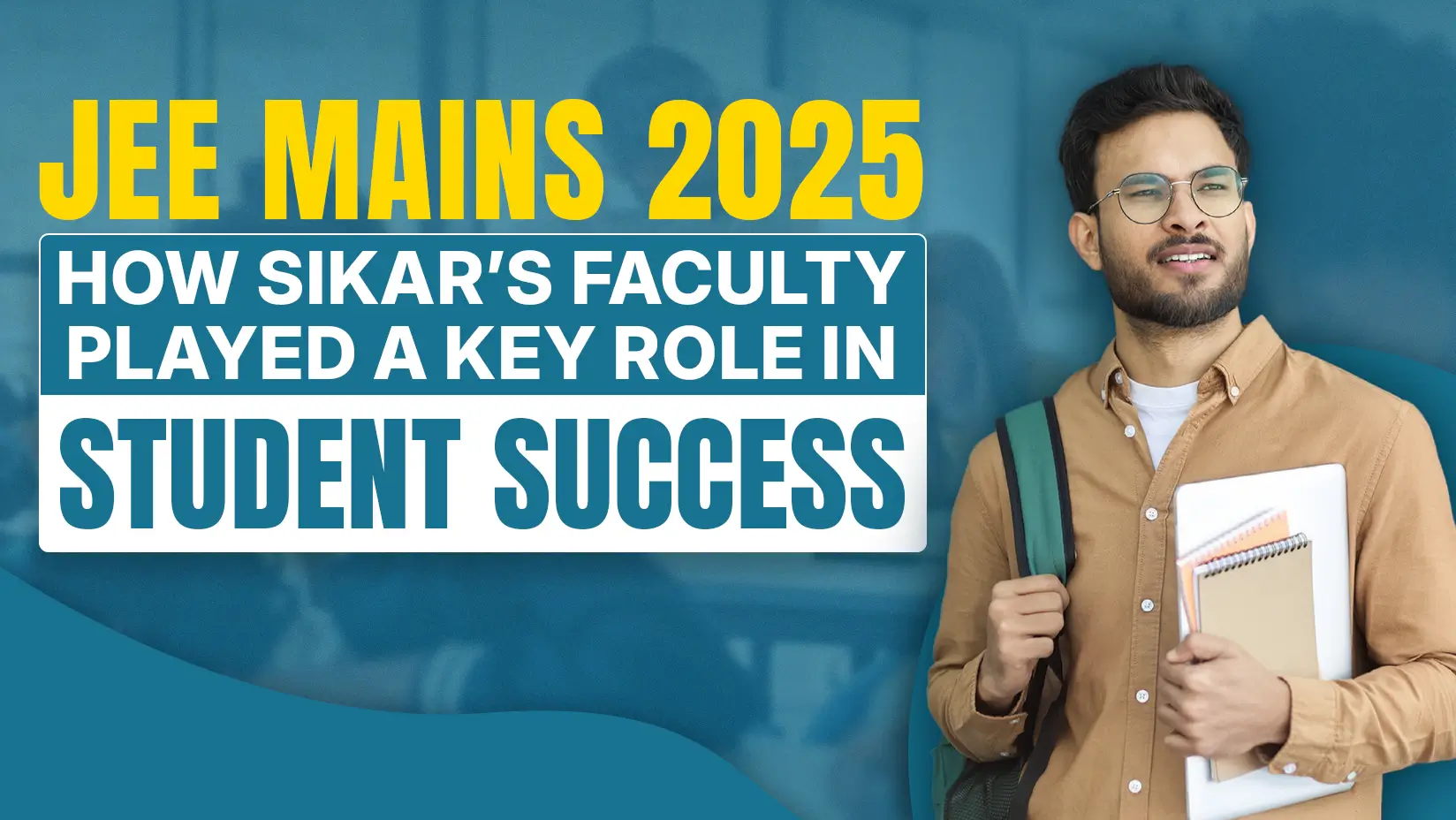
![Top 5 NEET Coaching in Sikar [2026]](https://bestschoolsinsikar.com/wp-content/uploads/2025/04/Best-school-in-sikar-7-1.webp)
